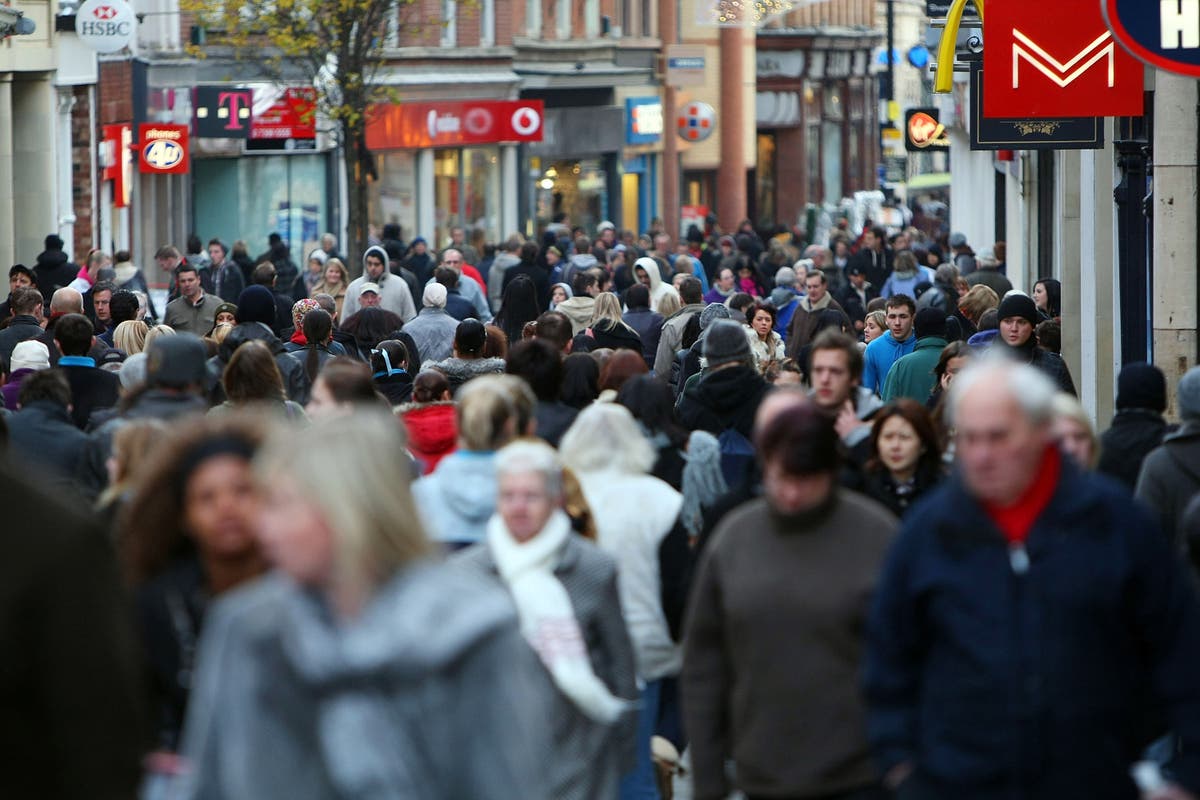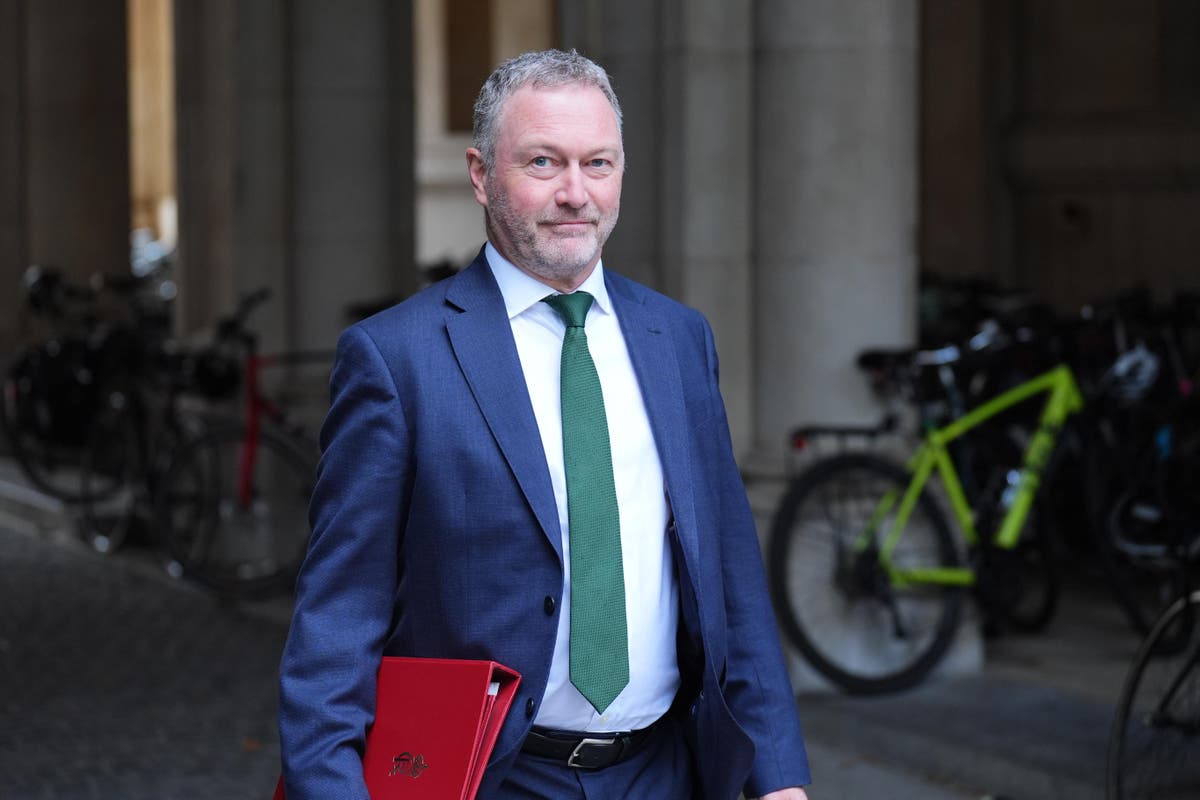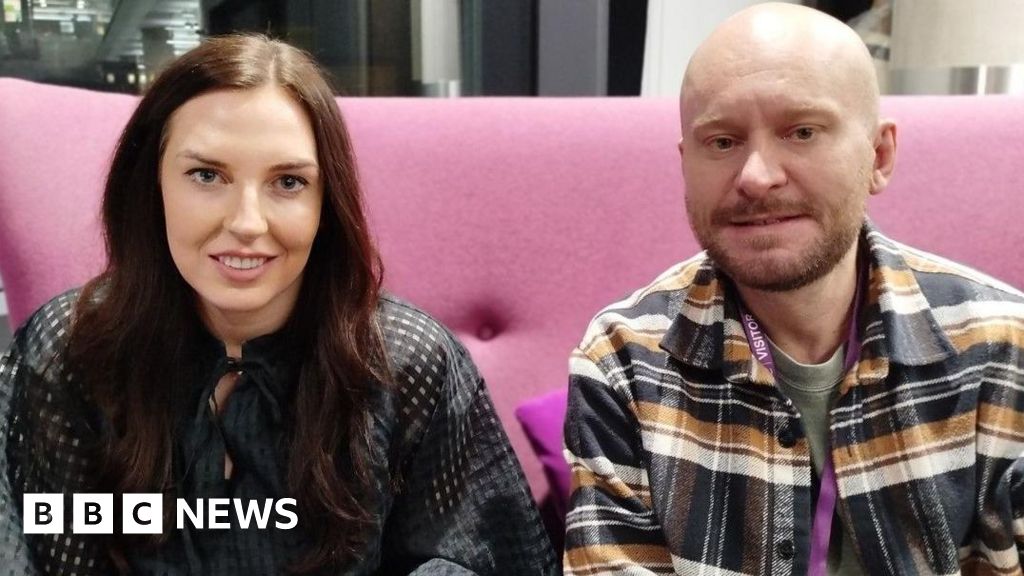More than 300,000 people were given incorrect information about their student loan repayments as resumption of debt payments began this month, the Education Department said on Thursday.
The agency has directed servicers to alert affected borrowers and place them into administrative forbearance until their correct payment amount is calculated in order to minimize the impact on them, the Education Department told CBS MoneyWatch.
The issue is affecting some borrowers in the new income-driven repayment plan from the Biden administration, called the SAVE plan, including some that should have had $0 owed under the new structure, the agency said. The mistake adds to some of the problems facing borrowers this month as their payments are due for the first time in more than three years, including customer service issues with their loan servicers.
“We’ve seen a lot of confusion and a lot of huge gaps from the servicers and the Department of Education,” said Braxton Brewington of the Debt Collective, an advocacy group for people with student debt. “People are getting billed the wrong amounts, so when they have the problems they aren’t able to reach their servicer.”
The wrong information was provided to fewer than 1% of the 28 million borrowers who are reentering repayment this month, the Education Department said.
“Because of the Department’s stringent oversight efforts and ability to quickly catch these errors, servicers are being held accountable and borrowers will not have payments due until these mistakes are fixed,” the agency added.
Earlier this month, 19 state attorneys general wrote to the Education Department that they were alarmed by “serious and widespread loan servicing problems” with the resumption of repayments this month. Long wait times and dropped calls are making it difficult for borrowers to get answers to questions they have for their servicers, the Student Borrower Protection Center said earlier this month.
SAVE repayment plan
The new SAVE repayment plan has about 5 million people enrolled it, the Biden administration has said. Income-driven repayment plans like SAVE, or IDRs, calculate a borrower’s monthly payment by pegging it to a percentage of their discretionary income.
People enrolled in the SAVE plan will have their monthly payments reduced from 10% to 5% of their discretionary income, although the 5% rate won’t go into effect until mid-2024.
The Biden administration has said payments for many borrowers enrolled in SAVE will be cut in half.
Meanwhile, borrowers also have the “on-ramp” that will help protect them in case they miss a payment, are late or send a partial payment. This is a one-year leniency program that began on Oct. 1, 2023 and ends on Sept. 30, 2024.
Borrowers who miss or are late in their payments won’t be considered in default, nor will they be reported to the credit reporting agencies or to collection agencies.
The Education Department “instituted its on-ramp program to provide borrowers a smooth transition into repayment where they will not be harmed if they miss a payment,” it said on Thursday.















































